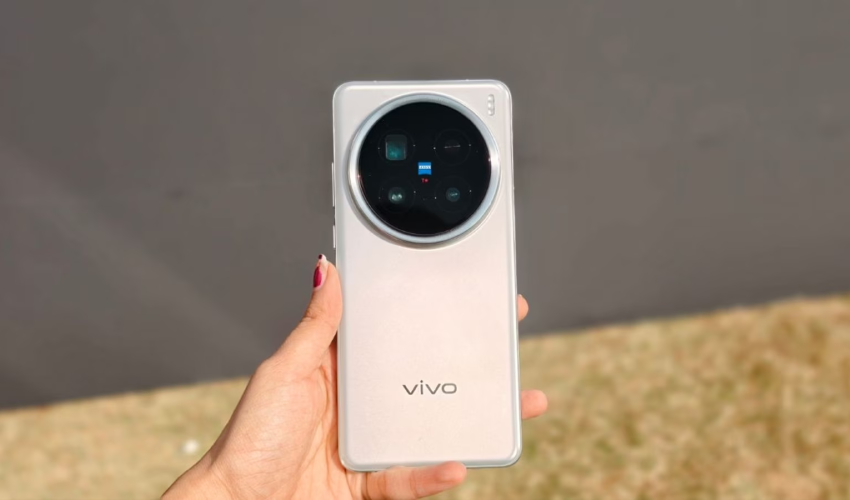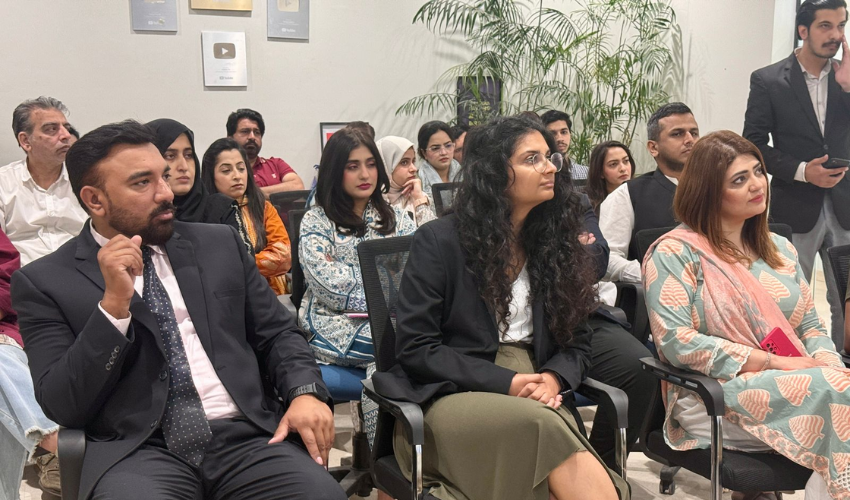Roberta Wilson-Garrett focused on the glove securely covering her right hand, temporarily keeping at bay the tremors caused by Parkinson's disease that affected her muscle control.
Performing tasks that others often take for granted, such as writing with precision or holding a cup of coffee without spilling, became possible for her thanks to the GyroGlove she discovered at the Consumer Electronics Show (CES) in Las Vegas.
Expressing gratitude for the life-changing impact of GyroGlove, Wilson-Garrett shared her experience of how it halted tremors, turning seemingly simple activities like getting dressed into manageable tasks.
GyroGear, the company behind GyroGlove, has developed the world's most advanced hand stabiliser, collaborating with strategic partners like the Chinese technology group Foxconn, as revealed by founder Dr Faii Ong.
The GyroGlove features a gyroscope, about the size of a hockey puck, with a spinning disc inside that rotates faster than a jet engine turbine.
Ong emphasised the significance of focusing on human life rather than the disease itself. He highlighted the goal of GyroGear: to continually improve the glove by miniaturising the gyroscope in future iterations.
Among the various companies at CES aiming to enhance the lives of individuals with disabilities, GyroGear showcased its innovative solution, joining the ranks of startups like Glidance and established players like Amazon.
Glidance, founded by Amos Miller, a visually impaired individual, presented a two-wheeled device that acts as a guide for those who cannot see.
Glide can be programmed to lead the way or navigate obstacles, providing a practical solution for individuals with visual impairments.
Another startup, OneCourt, unveiled a toy-sized replica of a football field that converts real-time sports updates into vibrations. This innovation enables visually impaired sports fans to feel the action of various sports, including tennis, hockey, and American football.
The CES exhibition also featured Lumen's technology-packed glasses for the blind, offering wearers information about safe walking routes and even helping them avoid obstacles like puddles. Additionally, various eyewear solutions, including frames doubling as hearing aids and glasses addressing visual impairments and dyslexia, were showcased.
Techsponsential analyst Avi Greengart emphasised the importance of accessibility as the primary and most beneficial application of technology, as demonstrated by the diverse array of innovations unveiled at CES.



























